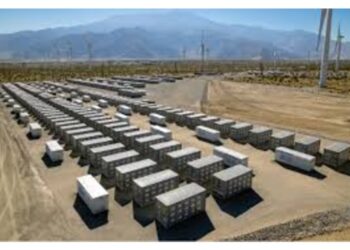South Eastern Railway has issued a request for proposals to empanel agencies for the development of 8.383 MW grid connected rooftop solar projects. To be located across Odisha, Jharkhand, and West Bengal, the projects will be developed on the basis of design, build, finance, operate, and transfer model as a part of public-private partnerships.
According to the tender guidelines, the bidders are required to furnish Rs 1.07 million per MW of the quoted capacity as an earnest money deposit. Within 30 days of signing the power purchase agreement, the developers are required to submit Rs 1.6 million per MW as a performance security. Furthermore, the developers will be responsible for operations and maintenance for a period of 25 years. The projects will be divided into two capacity brackets: above 10 kW to 50 kW, and from above 50 kW to 100 kW. Bidders have the flexibility to submit proposals for either one or both capacity ranges, for one state or multiple states. The bid submission deadline is April 30, 2024.
The empanelment will initially last for one year, with the potential for a one-year extension contingent upon the developer’s performance and requests from zonal railways. The solar power generated will be used by the Indian railways via the net metering mechanism. Upon receiving the letter of award, the winning bidder will enter into a 25-year power purchase agreement with the railways, which might also necessitate divisional-level signing if mandated by public utilities or zonal railways. To be eligible, the bidders should possess prior experience either as a developer or as an engineering procurement and construction company in installing a combined minimum capacity of 200 kW of grid-connected solar rooftop systems. Those with a track record of installing and commissioning at least 1 MW of total capacity across various grid-connected systems, whether as developers or EPC contractors, in sectors like residential, social, industrial, commercial, government, or other clientele, are also eligible to submit bids. Furthermore, the projects must be completed within 240 days of work order issuance.













